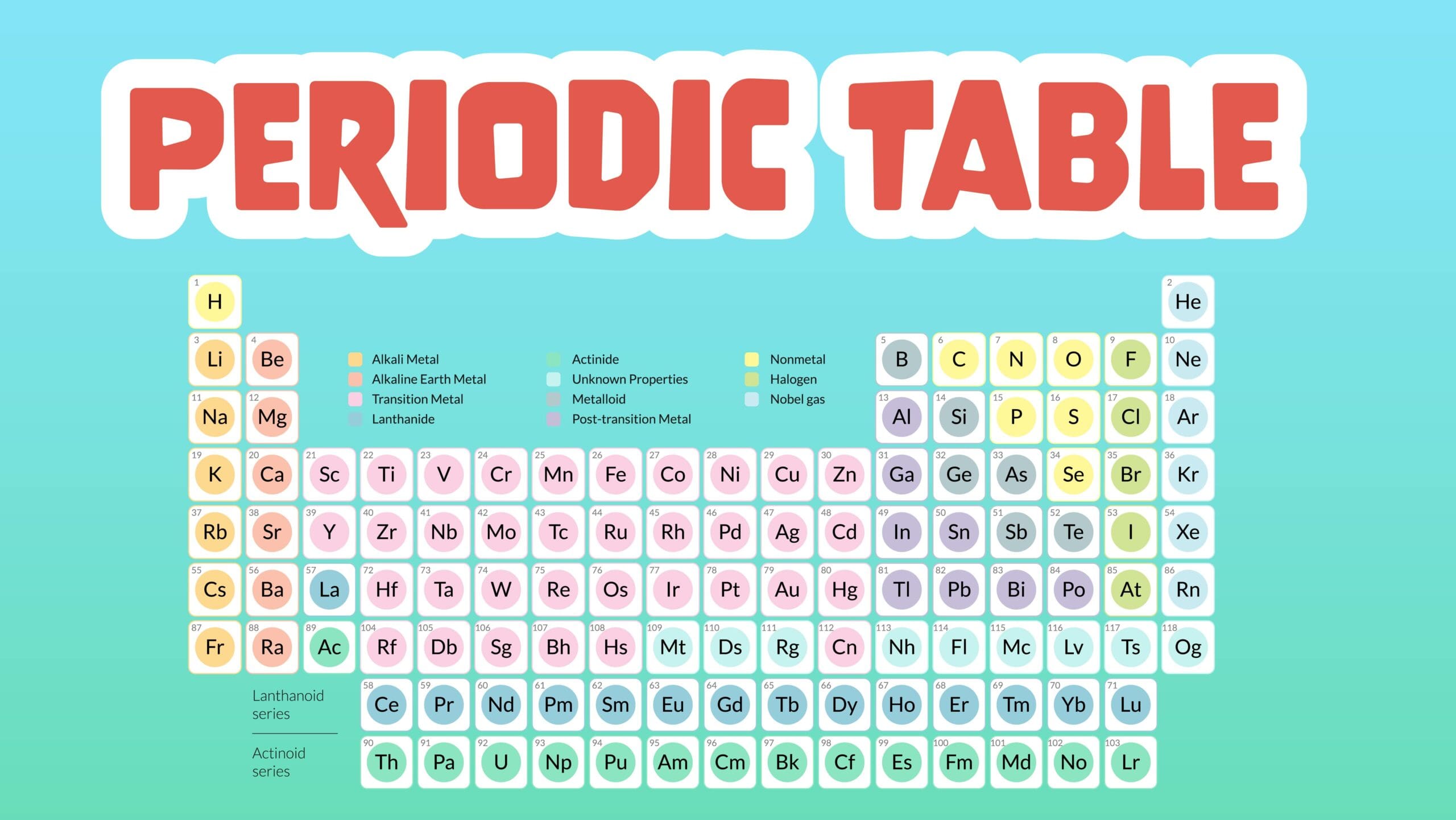
Survival Skills: 8 Essential Artifices to Learn
Survival skills are techniques used in dangerous situations such as natural disasters to save oneself or others. These technologies aim to provide the necessities of human life: water, food, shelter, housing, the ability to think calmly, signal for help, move around safely, not encounter animals and plants, and treat any injuries. Survival skills are often simple ideas that humans have used for thousands of years.
Survival skills are the use of all possibilities in the environment in order to survive. Also called: coping skills or survival techniques. Survival skills vary according to the place, the surrounding conditions and the nature of people. Survival skills for wars, survival skills for major disasters, and survival skills for crises within cities, the most famous of which is the survival skills in the wilderness, such as forests, islands, seas, deserts, mountains, swamps, etc.
The sciences of survival skills have recently developed and become very important to preserve the lives of people in times of danger, and there is a presence to teach and train them in different places all over the world.
Essential survival kits include a knife, matches or a lighter, a compass and a map, a wristwatch, a searchlight and binoculars, first aid, ropes, and fishing or animal equipment.
8 Most Important Surviving Skills for People
1. Find directions
Navigation is one of the essential skills that a person needs to survive, as it helps him to determine his location and find the right path for his survival, and directions can be determined by tracing the course of the sun that appears from the east to set in the west, and the shape of the moon as well.
2. Shelter construction
The construction of the shelter depends on where the person is, how long he will spend, and the resources available in the surroundings around him, as the shelter helps to keep the person warm in various areas, and a trench can be dug around it in the event of rain to avoid water entering it, and many things can be used in build it.
3. Learn relief signals
Signs can be sent for help from any person or group of potential rescuers, and these signals are usually either fire, intense light, whistles, or brightly coloured signs. Flashes of light can also be sent out during night hours.
4. Learn first aid
First aid is one of the most critical survival skills, and when using it, it is required to act calmly without tension, and you must sit, think, and plan before doing any aid, and it is always preferable to carry a first aid bag, especially in the case of being in nature.
5. Searching for water
The availability of potable water is one of the essential basics for survival, so you must search for a source of water in the surrounding environment. You should also follow public health guidelines when using it, such as boiling it first and then filtering it; To avoid infection with some parasitic or infectious diseases.
6. Set fire to get warm
Making a fire helps people stay as warm as possible, which can be started in many ways. They all begin with building a wall around the fire to direct its heat in the desired direction instead of distributing its heat in all directions.
Most likely, you do not have a flint or a lighter with you. So, the best way is to build a «tinder nest» out of dry, flammable materials quickly and easily and then work to ignite the spark with a small piece of wood.
7. Hunting and collecting fruits and vegetables
The process of foraging for food is very imperative to survival and may succeed sometimes and fail other times. Hunting skills must be learned to survive and obtain food. Fishing tools can be made using materials in the ocean, such as using a pointed stick provided to catch fish or other animals, and if there are no animals in the surrounding environment, vegetables and plants can be searched with the need to avoid eating unfamiliar foods that can be toxic.
8. Get light during the night
The surroundings are difficult to detect in the dark, so light is an important source to avoid accidents during the night hours, such as tripping over branches or self-defence against predators. It can be obtained by using a cloth or plant fibres soaked in pine sap that burns well and slowly.
How long can a person survive without water?
Water represents between 60 and 70 per cent of the human body, and this percentage may increase or decrease according to age. The body loses water through urination, sweating, defecation and breathing, and we have to replace this water that we constantly lose by drinking or eating – almost a third of the water we consume comes from food – so that we do not become dehydrated.
The first stage of dehydration
It begins with thirst, which we feel when we lose two per cent of our body weight. When we feel thirsty, the body clings to all the remaining water. The kidneys send less water to the bladder, so the urine becomes darker. When sweat decreases, the body temperature rises. The blood becomes thicker and more viscous. In order to maintain oxygen levels in the blood, the heart beats faster.
The frequency of dehydration symptoms varies from one person to another, depending on the external pressures the body is exposed to. But if you do strenuous exercise at around 50 degrees Celsius with no water, dehydration can become fatal. When we exercise in a hot environment, the body may lose between 1.5 litres and 3 litres of water per hour due to sweat, and we may lose from 200 to 1,500 millilitres of water also through exhalation, depending on the humidity in the atmosphere.
In the second stage of dehydration
This may have a severe impact on the body. Mild dehydration can make us tired and tired, and our ability to perform physically declines. And if we lose more water, our ability to cool the body by sweating decreases, and then the body temperature rises significantly.
If the body excretes more water than it consumes, the blood becomes thicker and more concentrated. Then the cardiovascular system will find it challenging to maintain blood pressure at the appropriate rate.
Kidneys compensate for the lack of water in our body by conserving it by reducing the amount of urine. Water flows from our cells into the bloodstream, which causes the cells to shrink in size. When we lose four per cent of our body weight in the form of water, we experience hypotension and fainting.
In the third stage of dehydration
If we lose seven per cent of our body weight, our organs may be damaged. “The body has a hard time maintaining blood pressure,” Lobo says. “In order to stay alive, the blood flows slowly to the body’s less important organs, like the kidneys and intestines, damaging them. If the kidneys stop filtering the blood, cellular waste builds up. In this case, you are dying for a drink of water.”
But some people are better able to tolerate severe dehydration and can even maintain their level of performance despite thirst. In the 1984 marathon, runner Alberto Salazar lost significant amounts of water through sweat, estimated at 3.6 litres per hour in the Los Angeles summer heat, and lost eight per cent of his body weight. However, he replaced these amounts of water quickly after the end of the marathon, and his condition was followed up by a medical team.
How dangerous is dehydration?
Moderate levels of dehydration, i.e., a loss of 2 per cent of body weight, cause impairment of short-term memory, decreased attention, alertness, mathematical problem-solving and motor coordination skills, particularly when exerting strenuous exercise in hot environments. Some studies have linked dehydration to delirium, particularly in older patients.
Why Survive?
The reasons differ from one person to another. The reason that may keep someone alive will not be the same reason for the survival of another person. Therefore, consideration should be given to the existence of alternative explanations to which the individual relates what makes him want to survive.
1- Achievement
Achievements bring change and sometimes challenges and also give us a sense of purpose, which is a reason to stay alive. Achievements may be life changes, such as having a child or adopting one, and achievements may be learning a new skill, such as driving or cooking.
2- Exploring the unknown
An inquisitive man seeks to try to discover the outside world, which may be reason enough to survive. Who knows what we might find throughout our lives?
3- Discovering our potential
Have you ever wondered who the person you can become is? Nobody knows what might happen in the future. Life constantly gives you opportunities to discover your true potential, be a father, an athlete, an artist, or just a celebrity in general.
4- To leave an impression
We still have plenty of time to leave our impact on the planet or on those around us, so the feeling of lack of influence at some point in our lives is not a cause for concern. So let’s think together, what would we like to be remembered for?
5- Human communication and relationships
The relationships we build with the people we love the most can be an influential motivating factor for survival. Do you remember when there was agreement or understanding between you and someone? It is the mutual feeling of understanding between us that gives us the desire to survive. Life provides us with the chance to find people like this and to prioritise them in our lives.
6- Our pets
Research has shown that positive interaction between a human and their pet boosts levels of oxytocin and dopamine, brain chemicals that promote feelings of joy and bonding. If you own a pet, you already know why animals can make our lives worthwhile.
7- Spiritual values
Spiritual practice, such as practising religious rituals, may add meaning and satisfaction to our lives, which motivates us to survive.
8- Influencing issues
Some people have unique perspectives and interests about the world and what is happening. Some of them make these interests a cause or a task that gives them a reason to get out of bed every morning. Whether it’s preserving our planet, caring for the mental health of future generations, or other concerns. Perhaps passion for making a difference will give us the spark we have been looking for in our lives.
9- The opportunity to encourage others
We are not alone in this world, others are still in the process of searching for reasons worth living, and perhaps some of them are like you. One day we might get a chance to feel them and encourage someone we’ve been through.
10- Unfulfilled hopes and dreams
Maybe all of us, like children, have some dreams and fantasies for our future. But most of us haven’t had much of it, maybe any of it, even though it often no longer matches who we are. But what about our current dreams? Every day brings with it the opportunity to dust off those wishes and breathe new life into them.
11- Prove the wrongdoers are mistaken
If someone has ever doubted your abilities or said plainly, “You’ll never make it,” it can be really fun to show them that they are wrong.
12- Creativity
The ability to be creative or imaginative is one of the human genius characteristics that can give us a sense of pleasure. Also, contemplating other people’s creations – such as various arts – gives us the same feeling.
13- The opportunity to find people who look like us
It’s normal to feel lonely and isolated when we do not find people with whom we identify or share our interests. And these people may be somewhere looking for us as we are looking for them, perhaps finding them is one of the reasons for survival.
14- Our heroic journey
We may feel that we were created for a great goal, but the initiative to achieve it seems like a difficult challenge. Our heroic journey may have already begun, but we are facing a seemingly insurmountable hurdle. Perseverance can lead us to a sense of self-worth and belief in our abilities.
15- Indulging in laughter
When was the last time you laughed so hard that you had tears in your eyes? It is very likely that we will experience more of those times. According to research, there is a reason we feel so happy when we laugh. Laughter shifts our feelings of anxiety, stimulates the release of endorphins, and enhances our relationships with others. If laughing heartily is difficult in the presence of negative emotions, pretend it’s true.
16- Restoring the spark of the lovely times
We can regain that feeling that we used to have in our childhood by immersing ourselves in what we do to regain our desire to continue living. Choosing an activity that sounds like we really want to do it, not because we have to. This could be having fun in the park, dancing, or planning a vacation. We can dedicate part of our time to this, which is a survival motive.
17- Communicating with those who preceded us
How inspiring is the fact that we came from a continuous cycle of humans who survived before we were! Although human history is far from perfect or ideal, it may be reassuring to think of the challenges our ancestors faced and the victories they achieved over the past centuries.
18- Contemplate nature
It’s great to enjoy the beauty of nature. Our planet contains forests, mountains, beaches, and other wonderful aspects of nature that we can enjoy.
19- Adrenaline
Skydiving or rollercoaster rides may be attractive to people who love to take risks and push the limits because these activities stimulate the release of adrenaline
20- Music
Music can navigate us through time and space and make us feel like we are part of something bigger than ourselves. Studies show that music can reduce stress and improve mood.
21- Our own feelings
It could be a unique feeling that does not fit into any other categories or a memory from our past that we have not shared with anyone. Those euphoric feelings can give us a nostalgic boost
Finding Meaning in our Lives Drives Us to Survive
We do not all have the exact reasons for wanting to survive, and what motivates one person will not motivate another.
When we feel sad, our brains become less responsive to positive stimuli and more likely to notice and respond to harmful stimuli, such as suicidal thoughts or a feeling that life is meaningless.
Depression affects areas of the brain responsible for emotional response and memory, making us more likely to feel sad and down and less able to recall joyful memories. It is important to search for a stimulus or meaning in our lives and to reconnect with that stimulus.
One of the ways that can help us find the motivation that will push us to stay alive is reading in the field of self-help, as we may find what expresses us and what we are going through at the present time, seeing a mental health professional for guidance, and taking some time to write a diary in order to better understand ourselves.
Difficulties can make our lives seem dreary, as it is for people who suffer from some mental conditions. But finding what motivates us to stay through tough times can make all the difference. Looking for inspiration and getting professional help are proven ways to work, especially if you suspect you may be experiencing a mental illness.


Leave a Reply